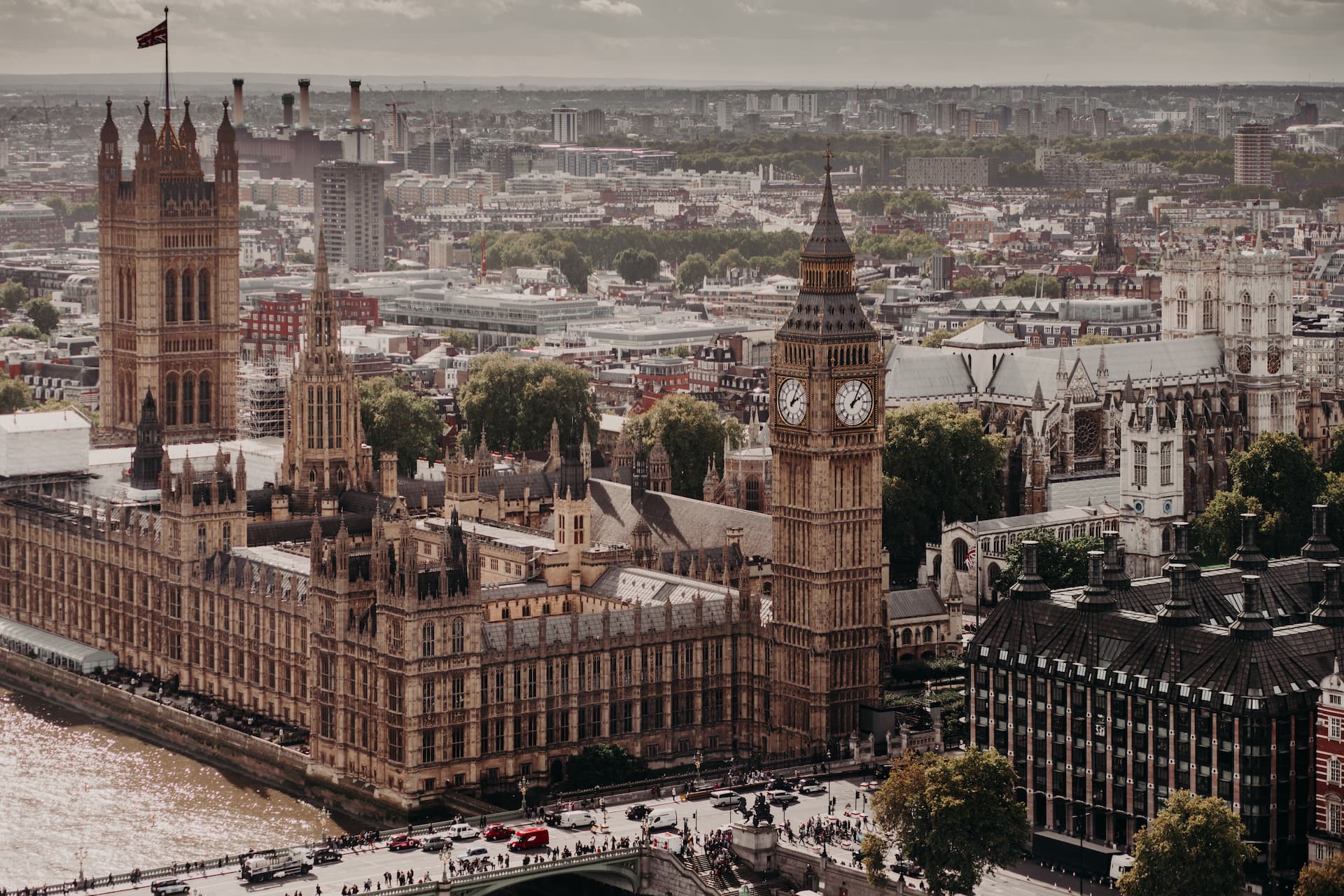The 30th October 2024 marked the new Government's first Budget, which outlines spending plans across the whole economy (read Craig Lowreys inital examination on how the budget may impact energy). It sets out a number of energy-related announcements including:
Energy Profits Levy
The Energy Profits Levy (EPL) rate is being increased from 35% to 38%, removing the 29% investment allowance, and is being extended until 31 March 2030.
The EPL rates won't come as a surprise to many following on from campaign commitments in the General Election, but as the Treasure guidance warns, "The main uncertainties in this costing relate to the size of the tax base and the behavioural response". That's quite a hefty caveat when North Sea operators have said they will leave the area sooner as a result of the change.
Maximising Growth Opportunities of Net Zero Transition
Building on recent energy-related announcements from the government, the budget looks to maximise the growth opportunities of the net zero transition and provide confirms support for growth-driving sectors ahead of the modern Industrial Strategy’s publication in the spring. This includes:
Carbon Capture, Usage and Storage (CCUS)
- Providing £3.9bn of funding in 2025-26 for Carbon Capture, Usage and Storage (CCUS) Track-1 projects to decarbonise industry and contracts with 11 green hydrogen projects.
Great British Energy
- Providing £125mn in 2025-26 for Great British Energy.
Nuclear
- Providing £2.7bn of funding to continue Sizewell C’s development through 2025-26.
Automotive Sector
- Over £2bn over five years to support the automotive sector, including the zero-emissions vehicle manufacturing sector and supply chain.
The Budget has reaffirmed the Government commitment to supporting and funding the continued growth and development of more nascent technologies like CCUS and hydrogen that it views as crucial to the UK's net zero ambitions. This can help provide important clarity and certainty for these sectors. While we await the finer details of the spring Industrial Strategy, the Government has given crucial commitment to supporting the growth of UK domestic supply chains and manufacturing in the zero-emissions vehicle sector.
Energy Efficiency
Taking the first step towards a Warm Homes Plan, the government is committing an initial £3.4bn towards heat decarbonisation and household energy efficiency over the next three years, including £1.8bn to support fuel poverty schemes. Funding will also be increased for the Boiler Upgrade Scheme in England and Wales this year and next.
The funding for fuel poverty schemes will be welcome given the recent changes to eligibility for Winter Fuel Payments. The increase in funding for the Boiler Upgrade Scheme will be a welcome move to decarbonise heat, although details are lacking, as is firm support for heat decarbonisation in industry.
CBAM
The government confirmed that the UK Carbon Border Adjustment Mechanism (CBAM) will be introduced on 1 January 2027.
To announce this now, and not next week after the US election has set out the tenor of international trade and is an interesting decision by the UK Government. For whoever occupies the Whitehouse for the next four years, the prospect of EU and UK CBAMs imports will bring political tension with the potential for retaliatory trade levers. Excluding electricity imports and keeping to sector-specific precursors will dampen some criticism, but not all if CBAMs end up linked to rising consumer prices.
Stay up to Date With the Latest Industry Announcements
As part of our GB Industry Essentials service, we will be analysing announcements relating to the energy sector and businesses. If you are interested in learning more about our service, please get in contact by filling in this short form.













